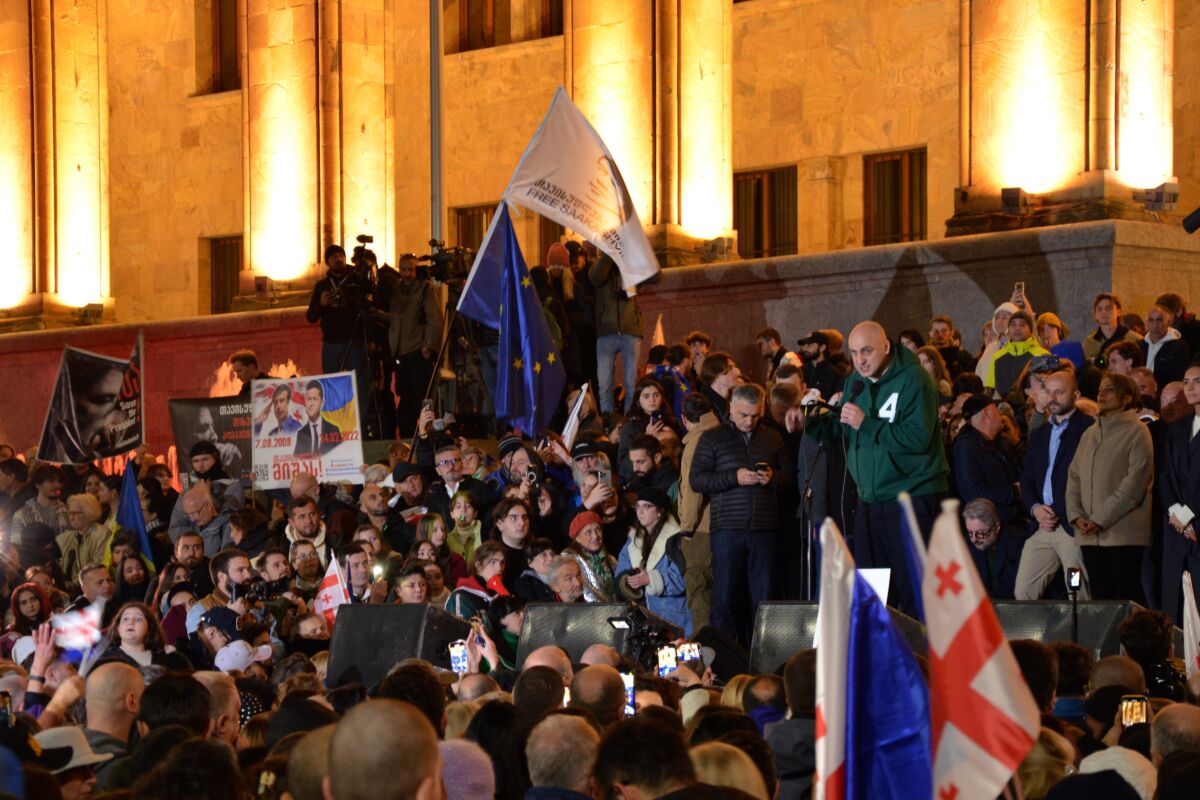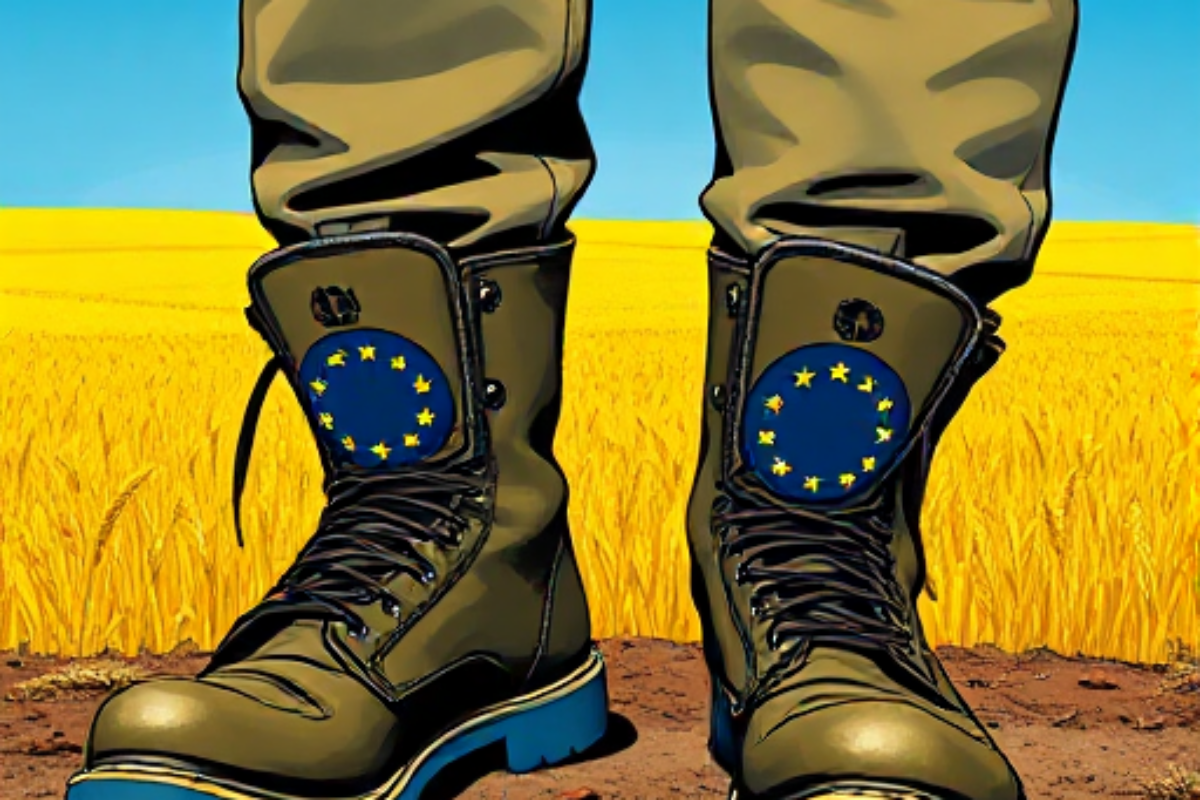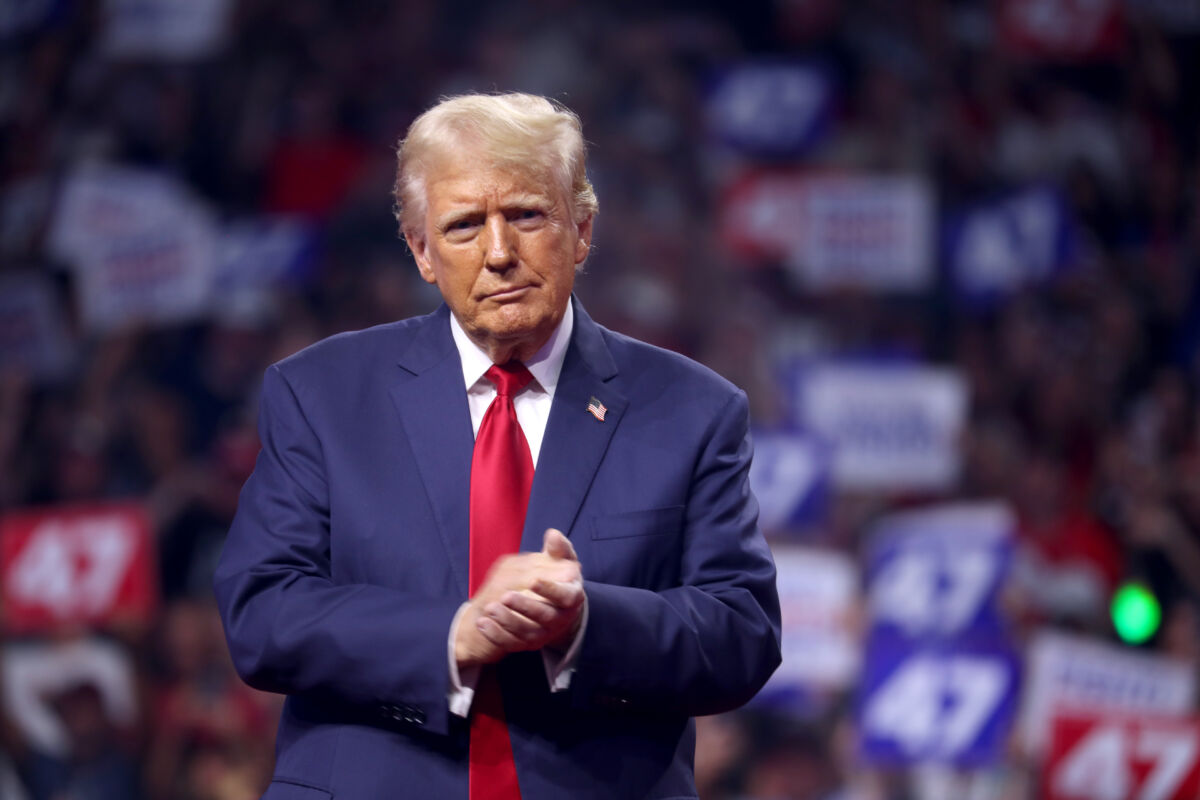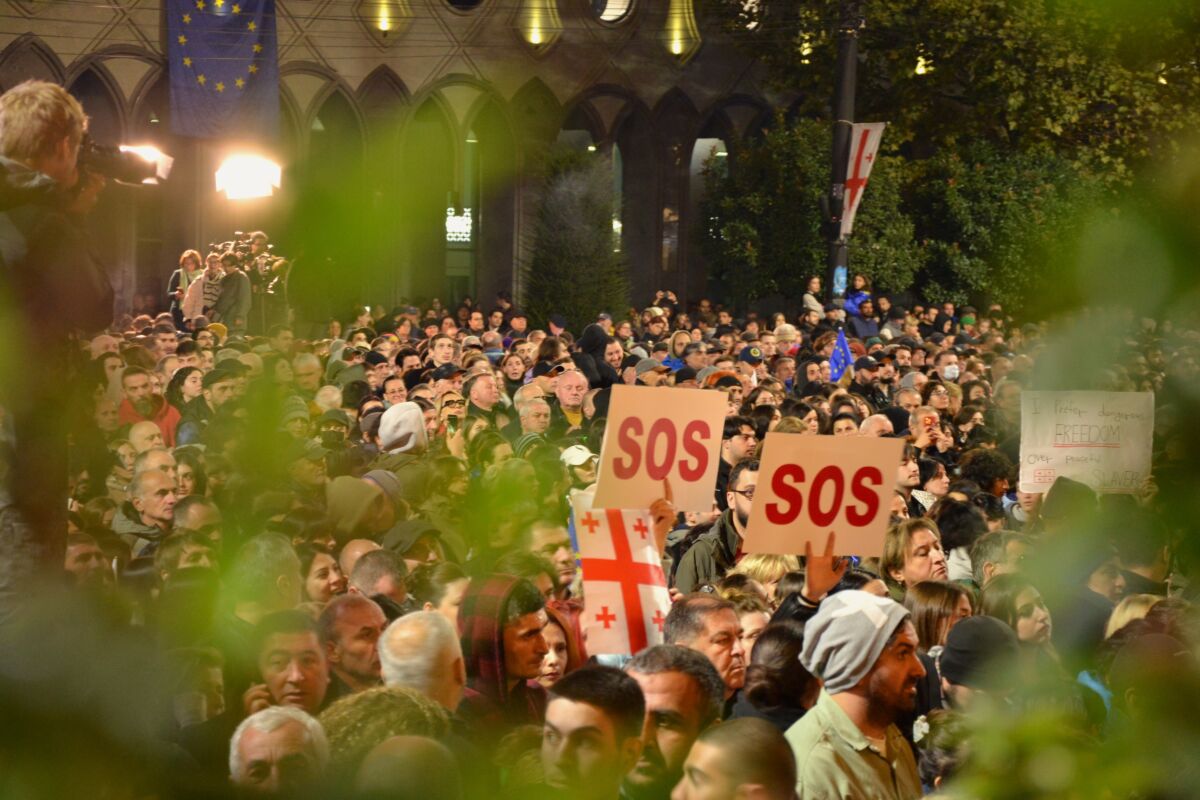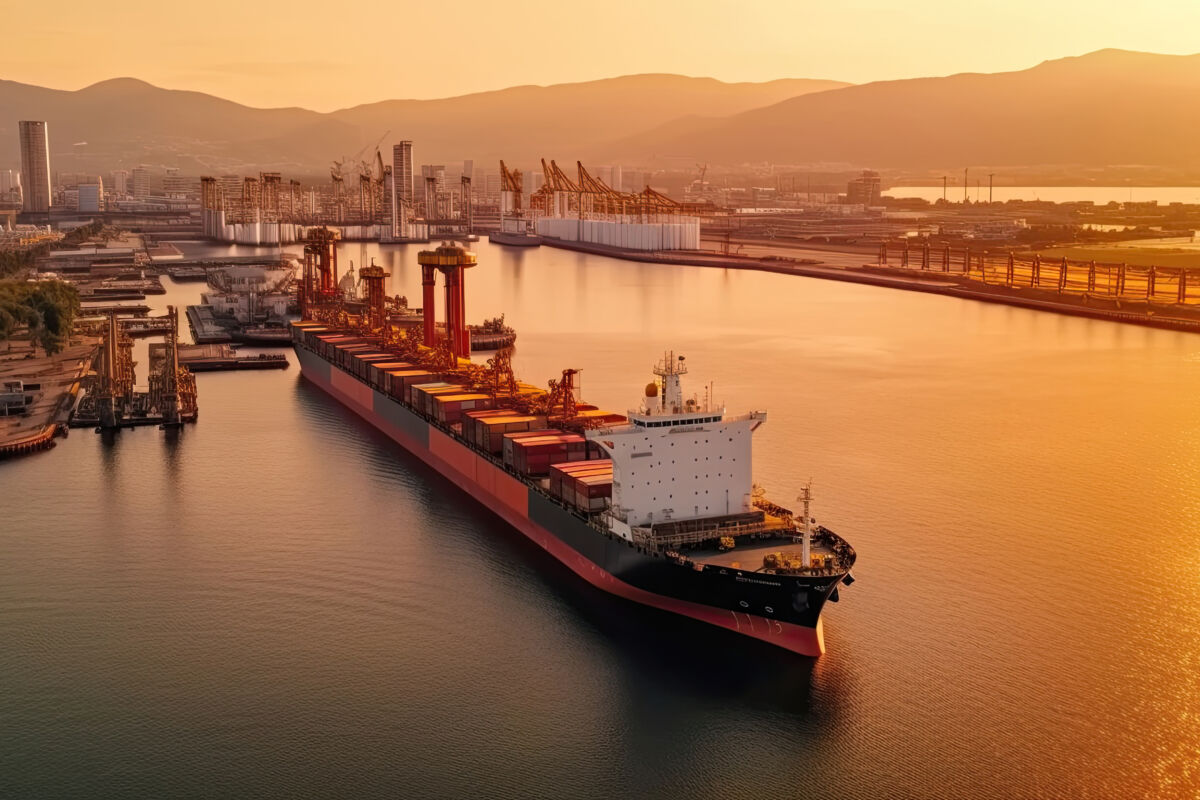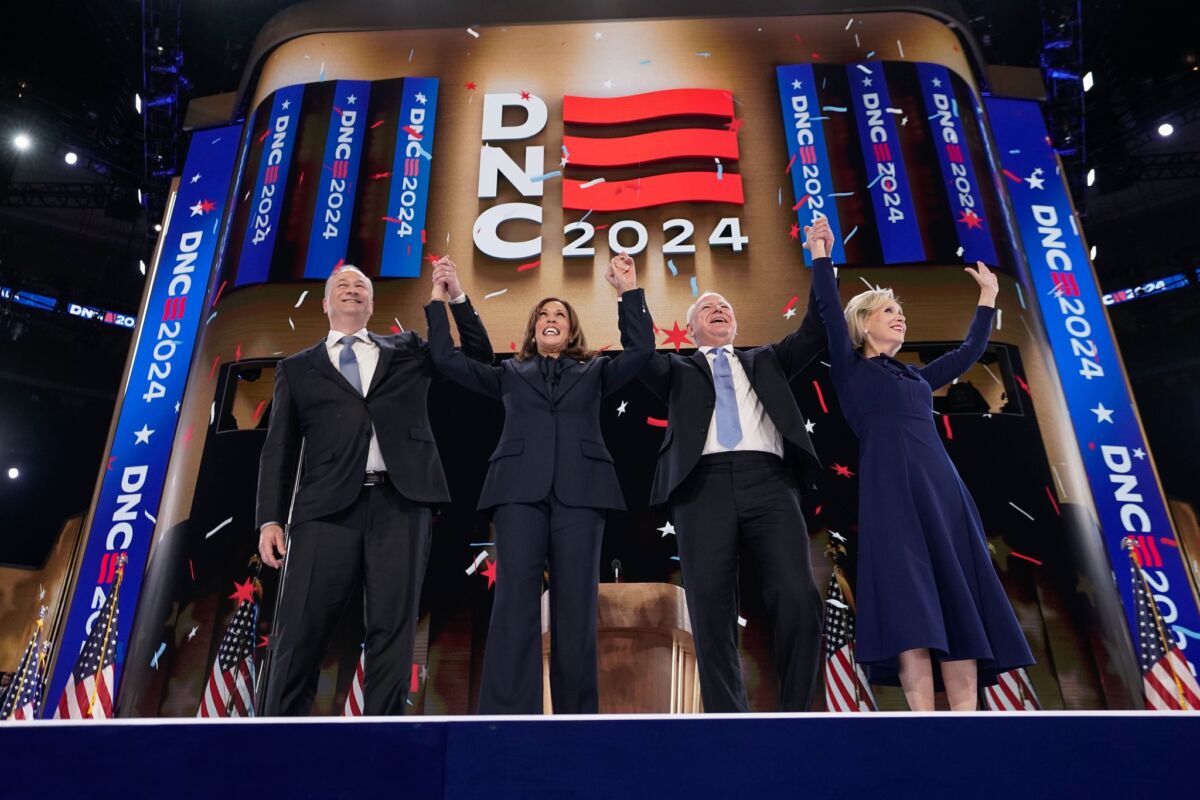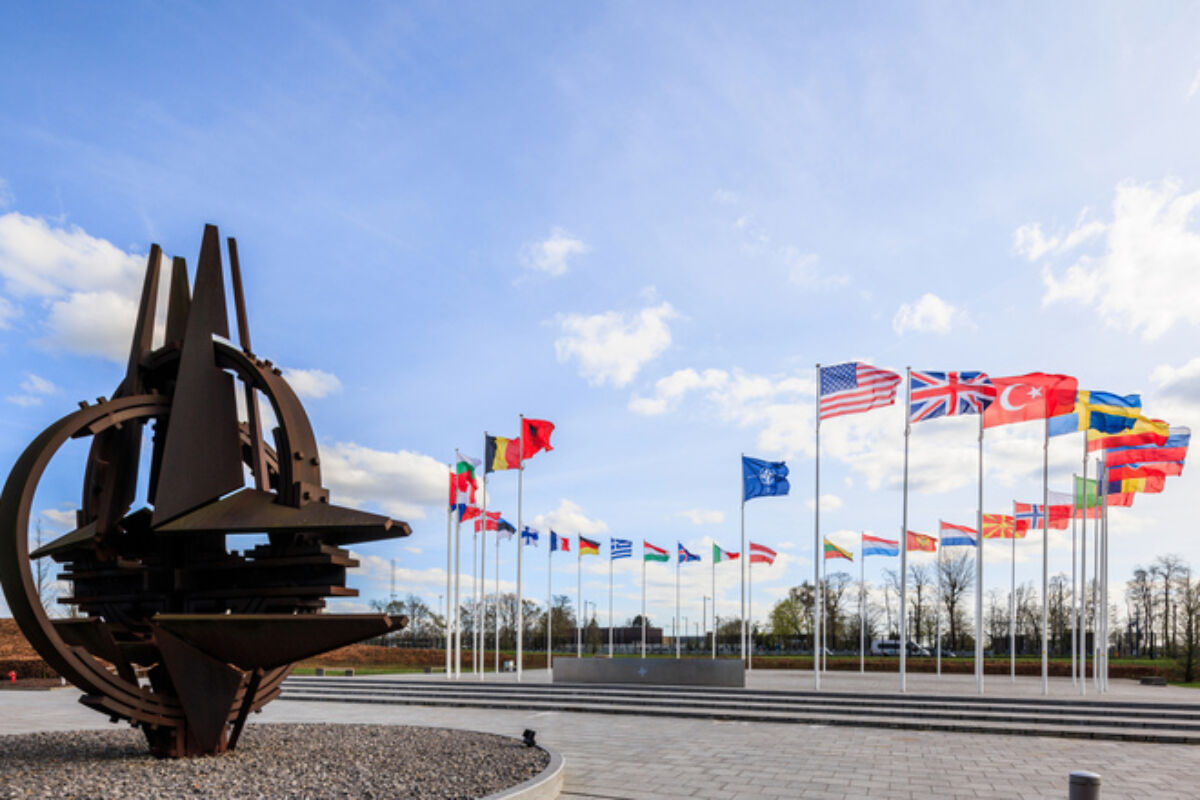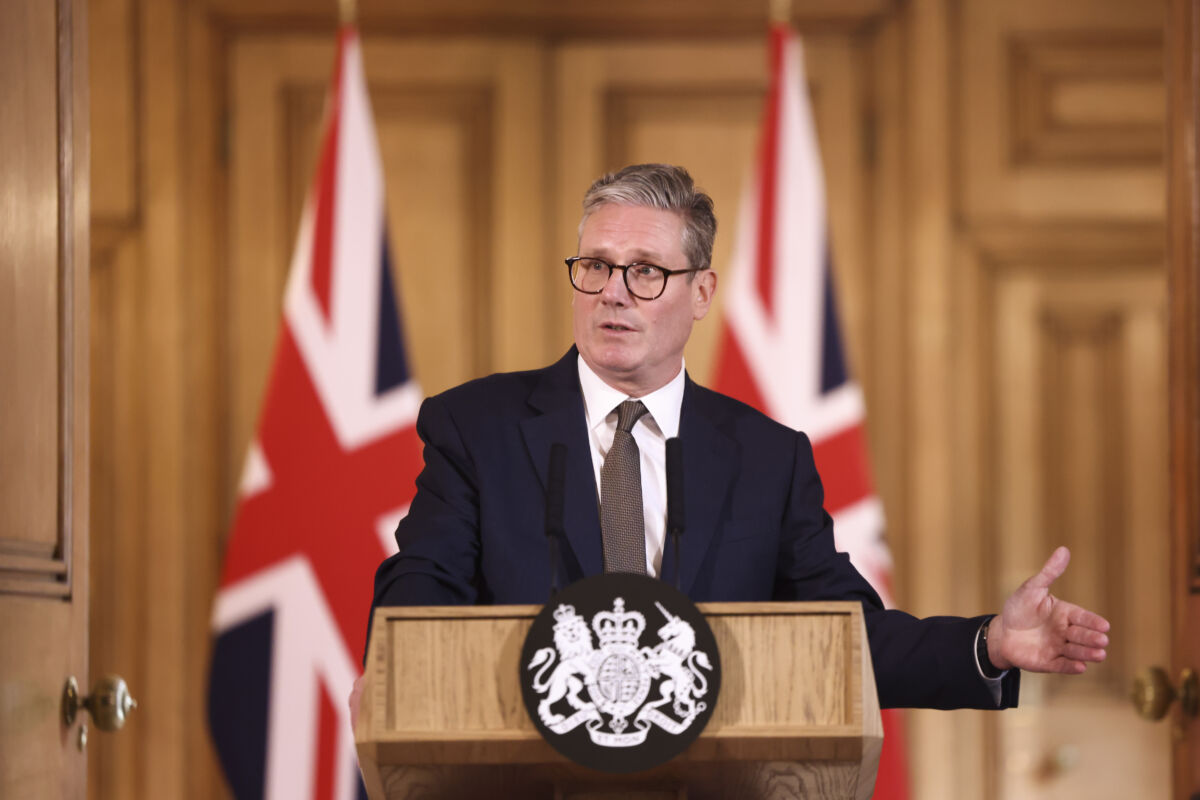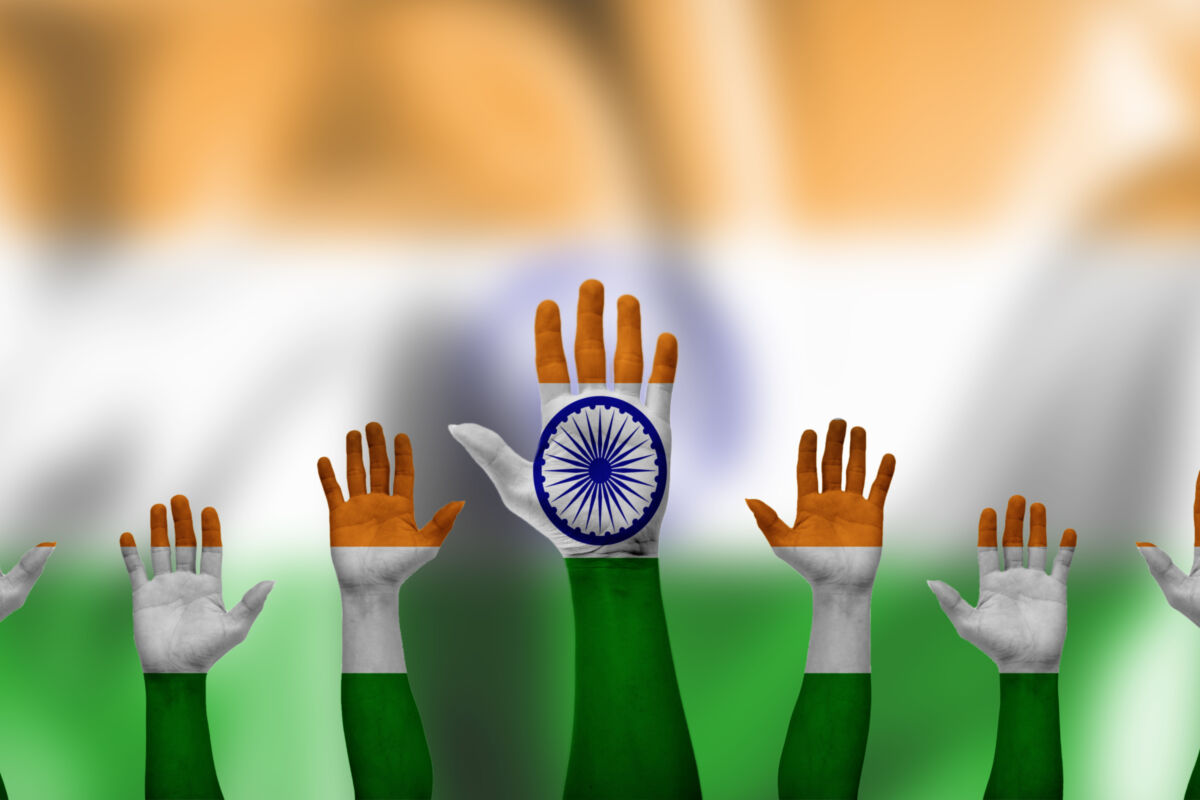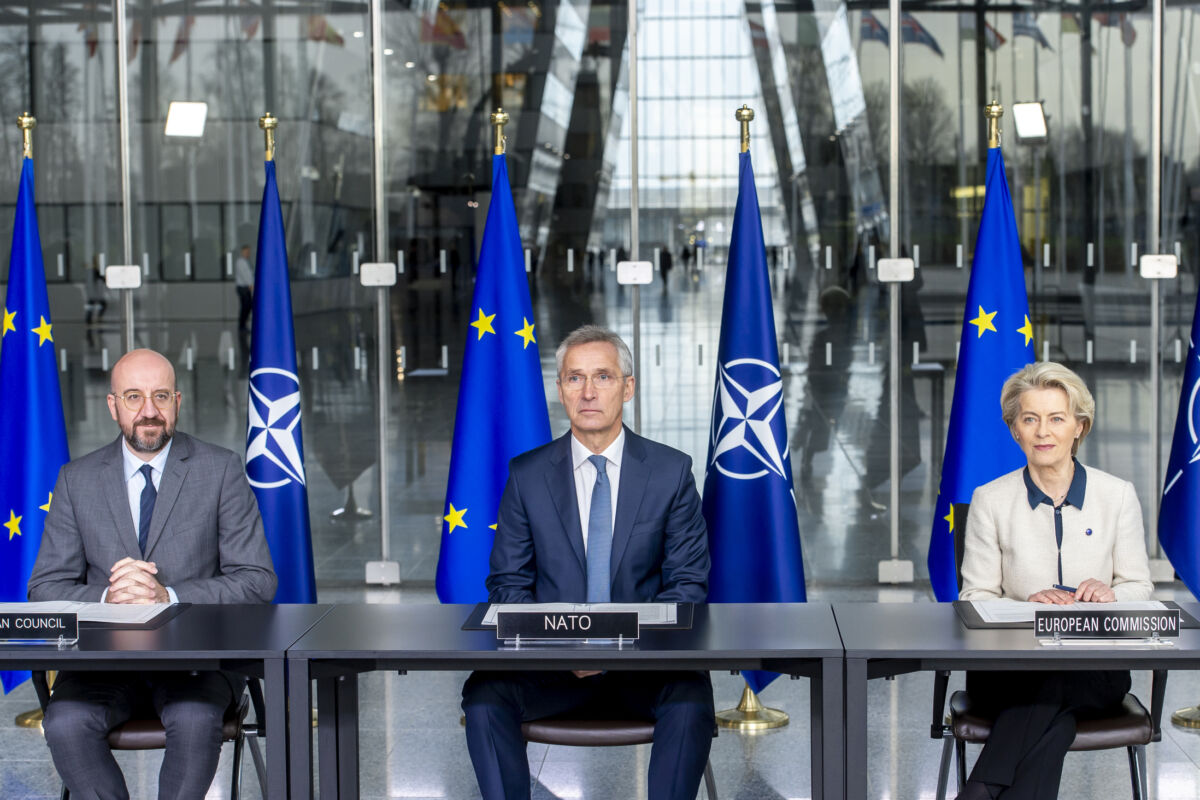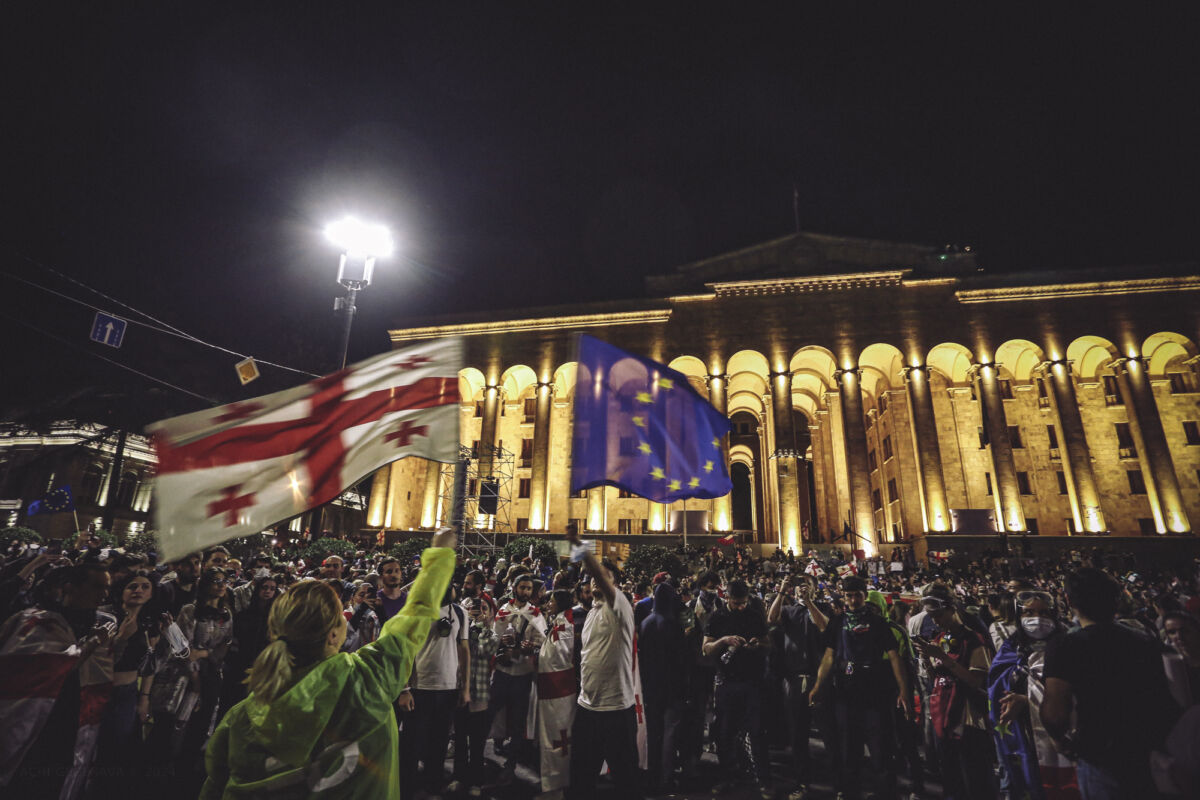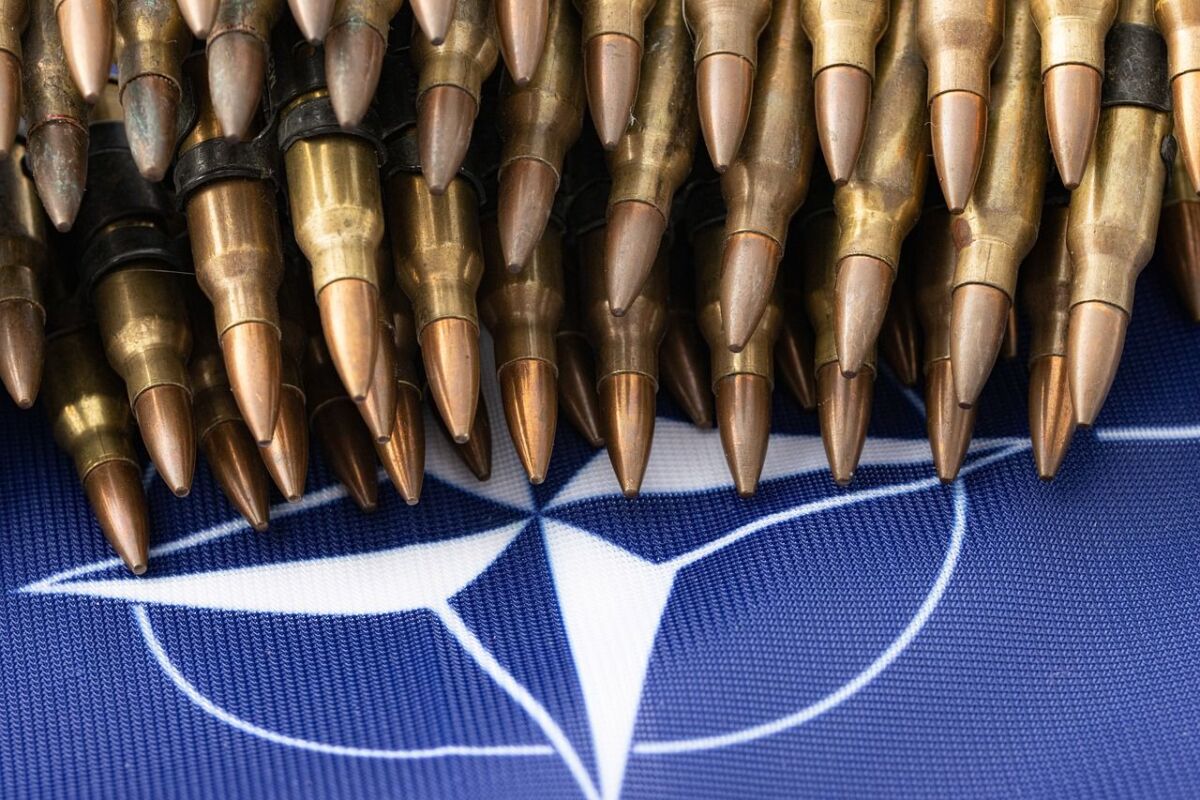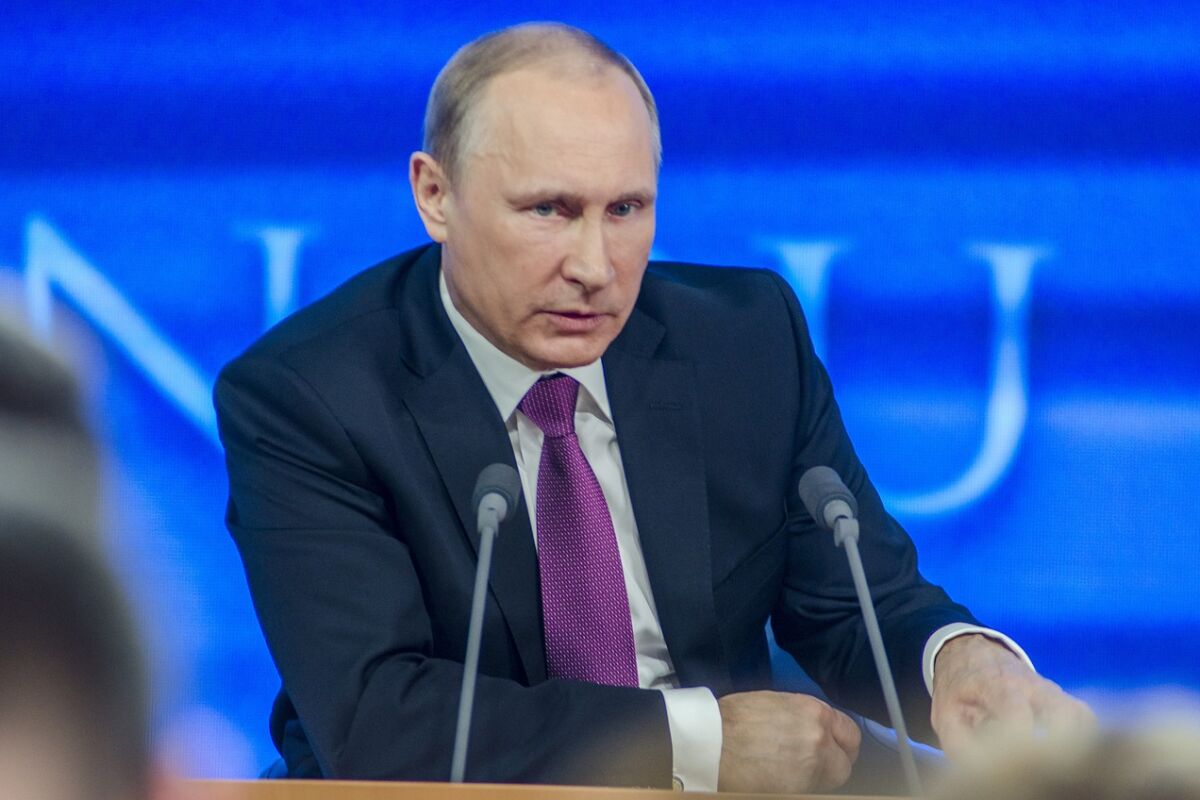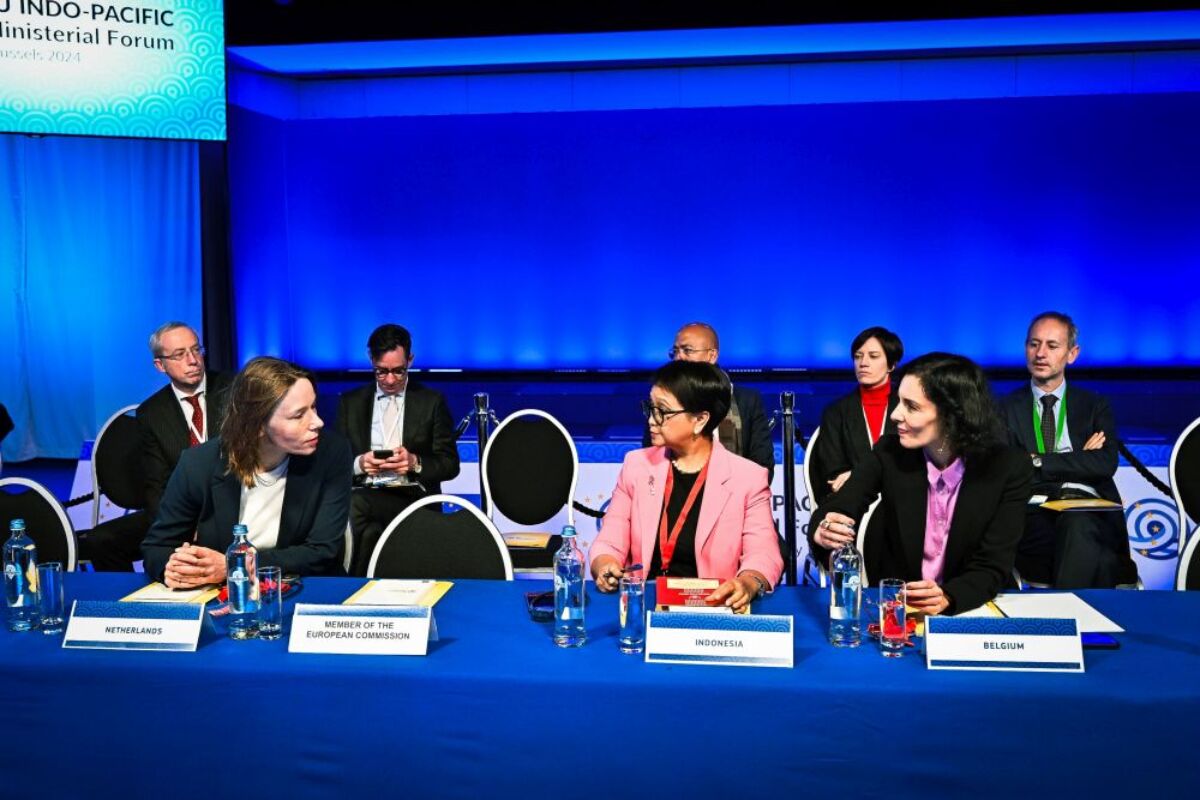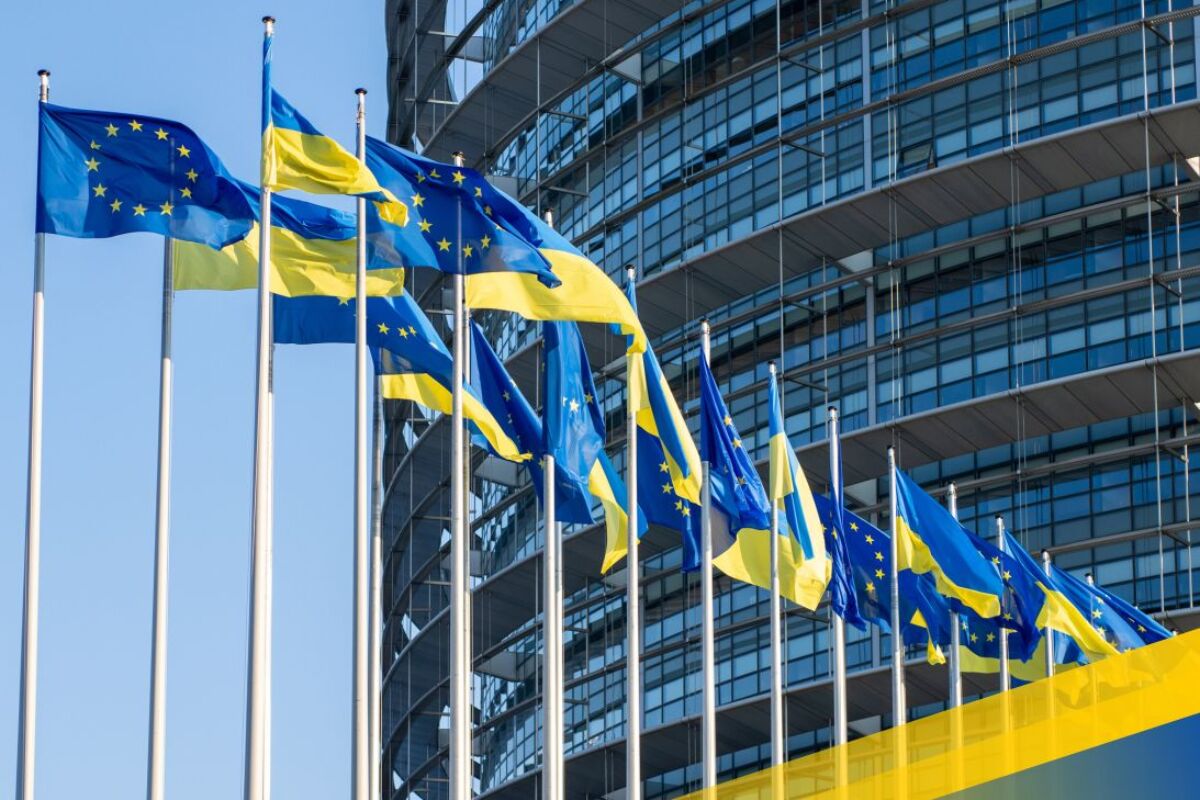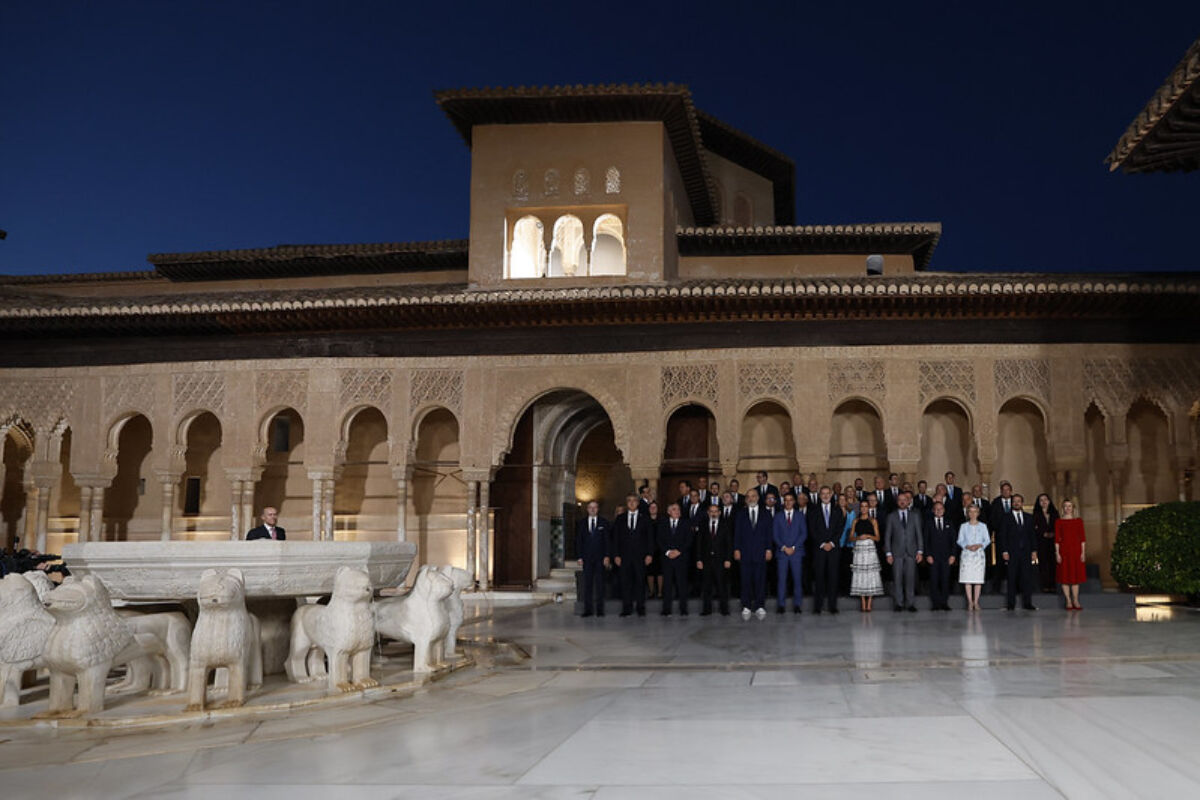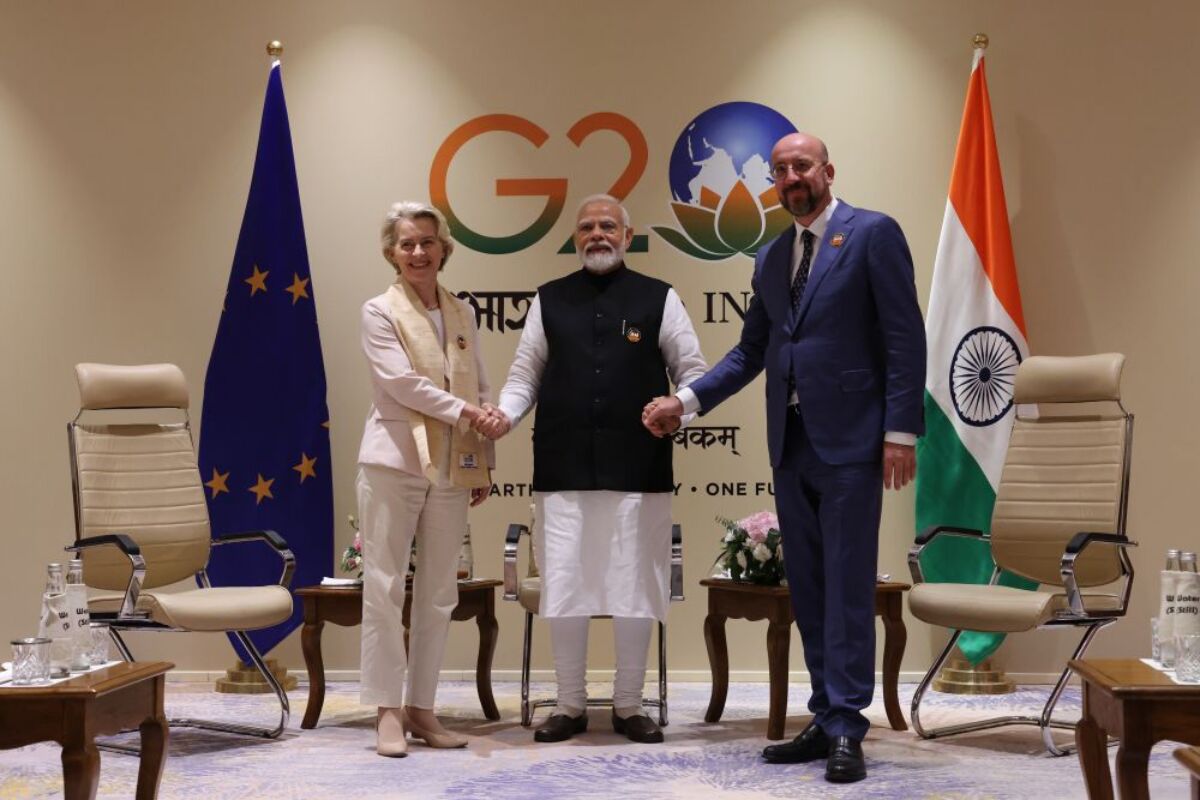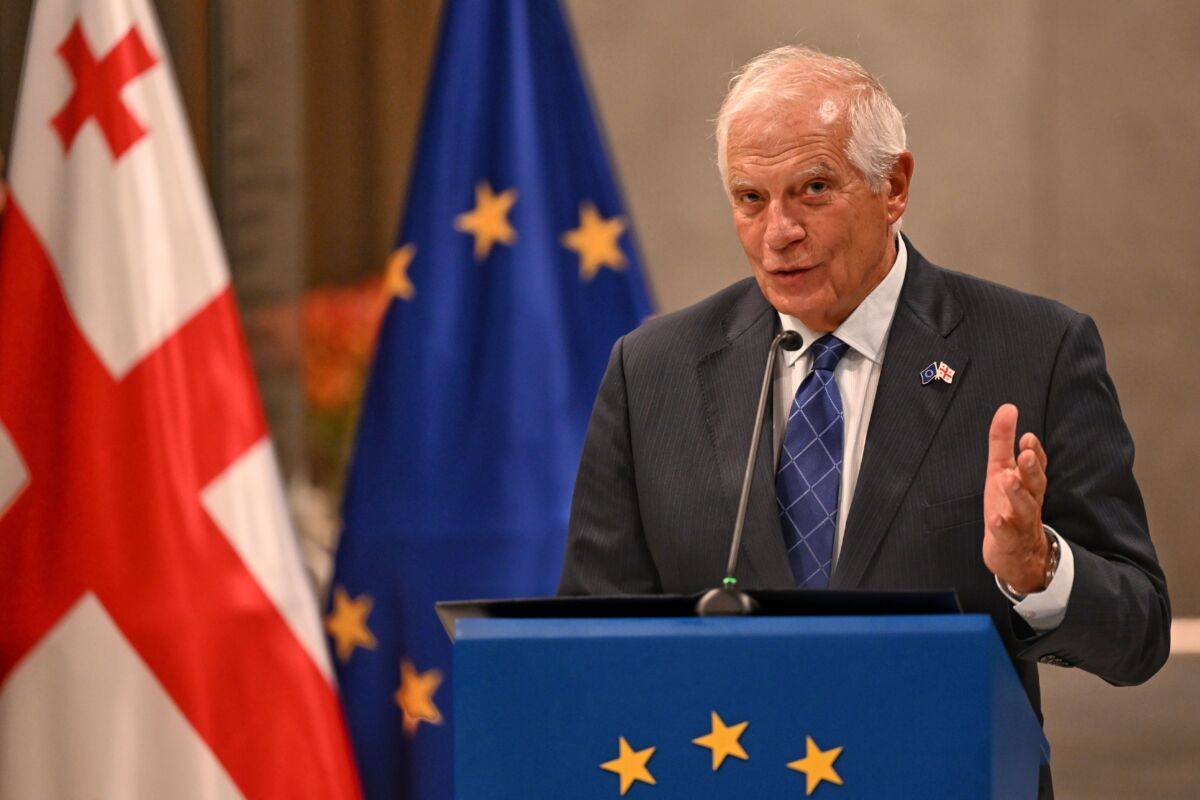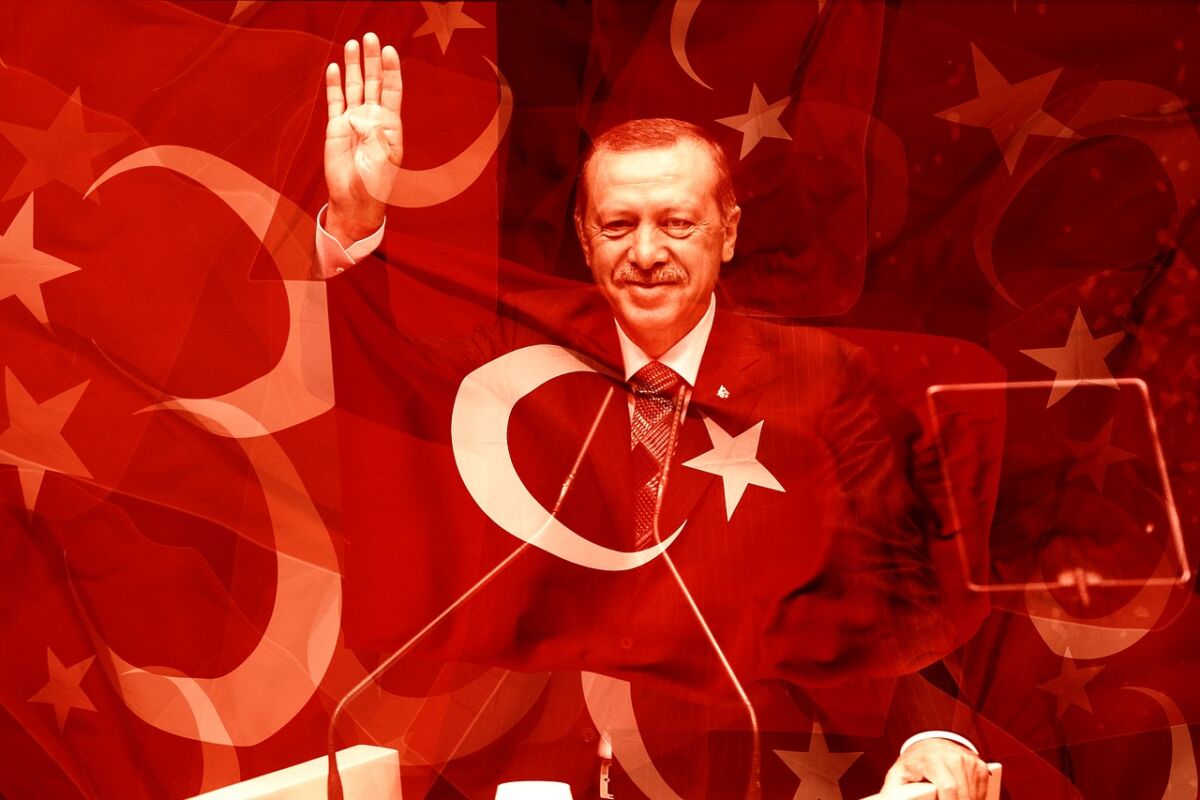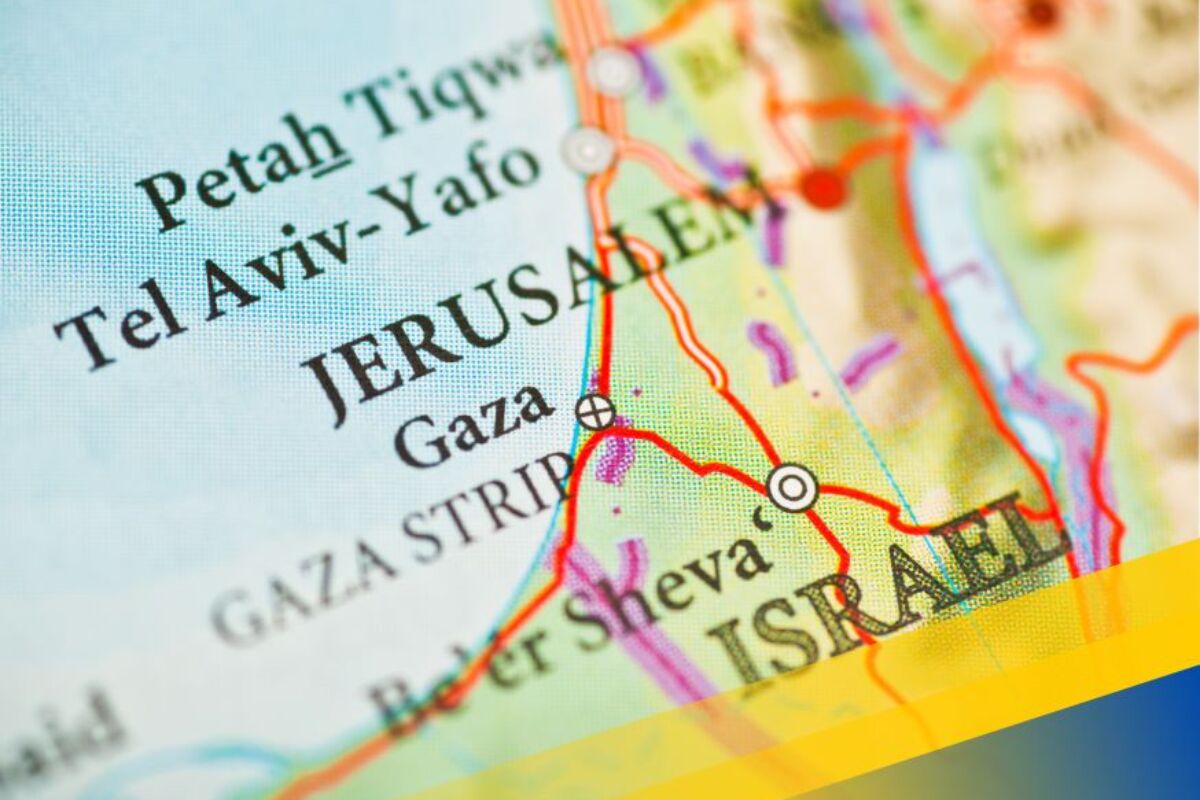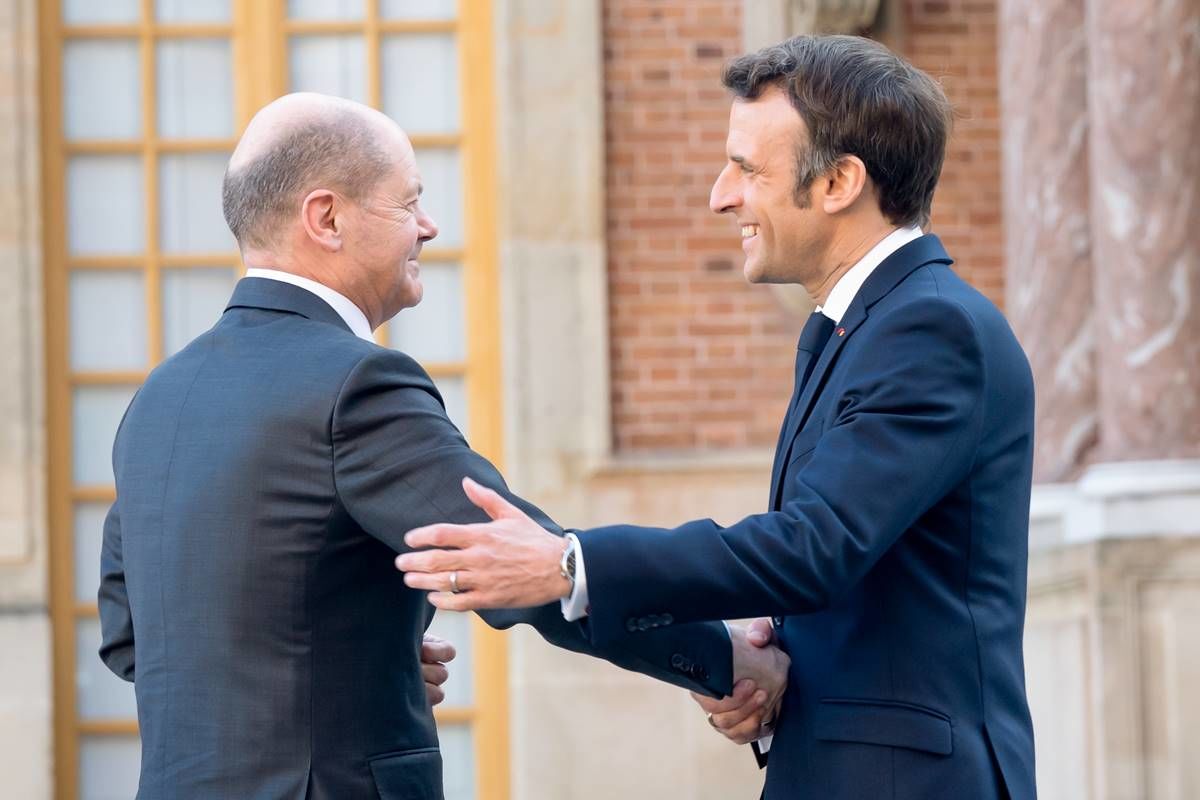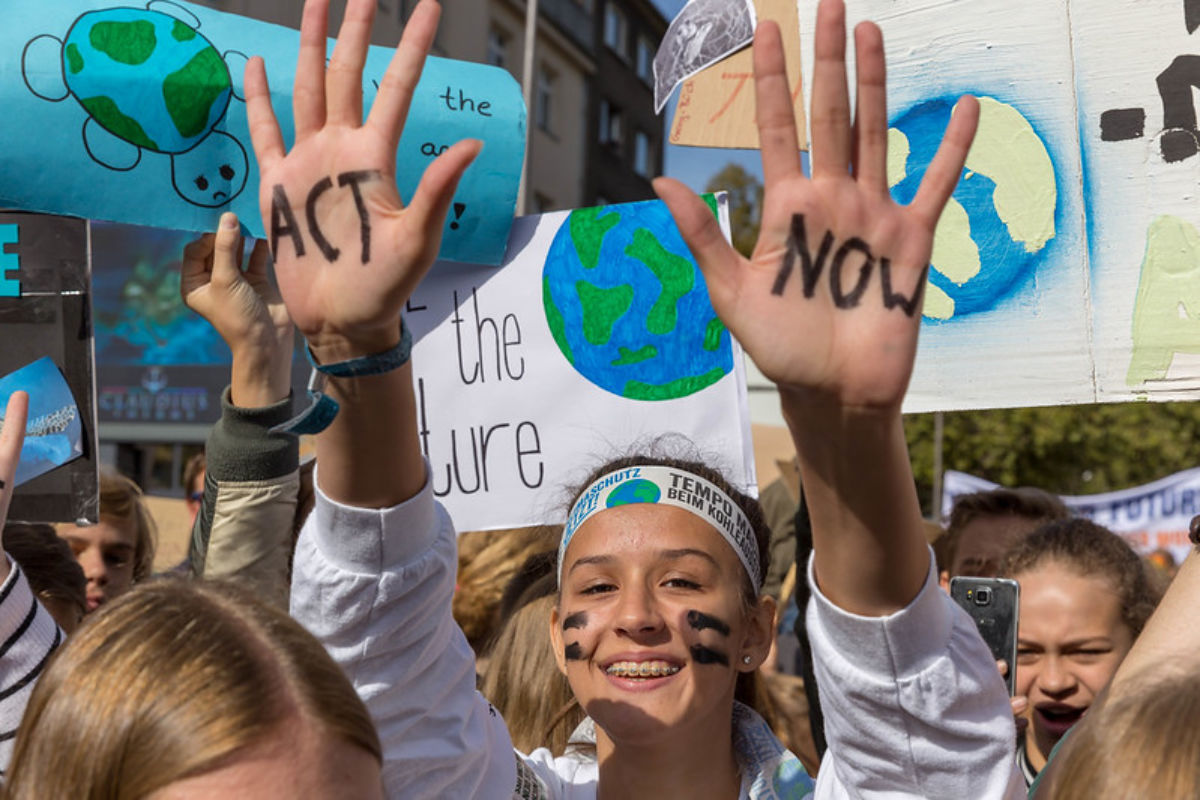“Thou shalt not steal”, said Luxembourg’s Foreign Minister Jean Asselborn, reacting to the Israeli government’s intention to annex some 30% of the occupied West Bank, adding that he saw no difference between this and the EU’s reaction to Russia’s annexation of Crimea in 2014, which led to a raft of European sanctions on Russian individuals, including asset freezes and travel bans and far-reaching economic restrictions on trade and investment.
The problem is that, while Asselborn may be on solid ground when it comes to international law, there is no political equivalent of the ten commandments. EU sanctions require a unanimous decision by the European Council, and it seems clear that Hungary, Poland and the Czech Republic, and possibly other EU member states, are unlikely to heed Moses’ directive.
The lack of a consensus was hinted at during German Foreign Minister Maas’ visit to Israel last week when he spoke only of the need for ‘dialogue’. EU foreign policy chief Josep Borrell has declared that annexation would be a serious violation of international law, but he was speaking for himself, not for the EU27.
That puts the EU in a serious bind. Ever since its common foreign and security policy came into being in 1993, the EU has consistently supported the two-state solution in the Middle East, through thick and thin. After years of settlement expansion and rollback of the now moribund Oslo process, that solution is already on life support, but should Prime Minister Netanyahu go ahead after July 1st, the date he intends to introduce his government’s plans to the Knesset, virtually all players, including the Palestinians themselves, agree that it will be transferred from the intensive care unit to the morgue.
Netanyahu has of course been encouraged by the US ‘peace plan’, which holds out the prospect of American recognition of the acquired territories, although the US state department spokesperson said last month that annexation should be ‘part of the discussions’ between the two sides, in line with Trump’s ‘vision for peace’. As the Palestinians have completely rejected the initiative, there is no prospect of such talks happening anytime soon.
This raises the question of whether the Israeli PM will actually carry out his pledge on time. Some argue that he may prolong the Knesset discussions until the US presidential election in November, hoping for a second term for Mr Trump. In that event he could well enjoy carte blanche from Washington.
More likely, given the campaign promises made in the recent Israeli election, he will go for ‘sovereignty creep’, starting with one or two of the major settlements but holding off from annexing the Jordan Valley, a move that would among other things put the Israeli-Jordanian peace treaty (and Jordan’s stability), as well as Israel’s rapprochement with Gulf States, in dire peril.
Meanwhile the EU is split into three factions: one group, probably the largest, wants to see punitive measures, or at least the announcement of them, taken now so as to deter action by Jerusalem. Another would prefer to wait and see whether Netanyahu actually moves, and to consider responses ex post facto. A thirdas its head in the sand and is unlikely to support any action, although since it is made up mainly of ex-Soviet bloc countries wary of Russian expansionism, some are a little queasy about the fallout of doing nothing vis-à-vis the signal that sends to Mr Putin.
When it comes to those measures, given that sanctions look like being a bridge too far, there are in fact a number of ways in which the EU could show its displeasure, as well as its support to the Palestinians, without the need for a unanimous decision. They boil down to three areas, the first two falling under what Steven Blockmans calls EU lawfare.
First, Israel is a major third country participant in the EU’s mammoth €80 billion research and innovation scheme, Horizon 2020, which will be succeeded by an even more ambitious seven year ‘Horizon Europe’ programme next year. Jerusalem fought hard to be an associated country in Horizon and by its own estimates has been a net beneficiary in financial terms since 2014. It now wants to renew its privileged status in the new programme.
The EU Council could, on the basis of qualified majority voting, deny that renewal if annexation goes ahead, using inter alia the argument that the legal basis for the association status is the definition of Israel’s borders according to international law, as laid down in the UNSC resolution 242 and elsewhere. That would certainly hurt the crucial high-tech sector in Israel, but would not be cost-free for Europe, as Israel’s home-grown capabilities in the sector are significant.
Cutting off the longstanding ties with Israeli Universities, research institutes and companies would be a lose-lose for both sides, especially when one considers that they concern key areas such as green innovation, cyber security and health. But many on the EU side argue that given the EU’s sheer size, overall brainpower and its new focus on industrial autonomy, Israel has more to worry about than the EU.
Second, the EU could extend and deepen its restrictions on products, notably foodstuffs, exported from Israeli settlements. For now, these are excluded from preferential treatment under the EU-Israel association agreement, but are allowed into the European market if they are suitably labelled as originating in an ‘Israeli settlement’. The EU could, and many argue should, ban these products altogether if annexation goes ahead, as there would be no internationally accepted legal basis for the definition of Israeli territory.
Third, the EU could, as Mr Asselborn among others has proposed, encourage member states to join the 138 UN member countries who have recognised the State of Palestine. Nine member states have already enacted recognition and some others have passed parliamentary resolutions to this effect, even if their executives have not acted on them.
The EU institutions cannot oblige member states to do this (recognition of sovereignty remains a member state ‘competence’), but if the EU’s leadership, namely the presidents of the Council and Commission plus Mr Borrell, take a clear position, a number of member states could follow them. If France, which is in the first group noted above, were to do this, alongside the UK, whose own parliament passed a motion on recognition in 2014, four of the UN P5 would be in the same camp, with the US – and by extension Israel – isolated.
Recognition would not change the situation on the ground, but would give a significant political boost to Palestinian morale, especially at a time when the US has closed their representation in Washington, moved its Embassy to Jerusalem and ceased its contribution to UNRWA, which supports Palestinian refugees. Recognition would also be a blow to Israel’s already somewhat tattered international reputation.
It is moot whether any or all of these measures might convince Mr Netanyahu to pull back. The short answer is probably not, as long as Mr Trump remains in power. But the EU can raise the political cost of annexation considerably. On the other hand, if the EU fails to go beyond declarations and take action, there will be very serious damage to its credibility at a time when it aspires to be a geopolitical actor.
Remaining passive on such an important issue will also embolden those who challenge the ‘international rules-based order’. It will hand some new ammunition to extremists everywhere who are looking for evidence of Western double standards in the wake of the defeat of ISIS and, as in the past, that could have consequences for the European homeland. And it may well help to spark a new round of protests and civil unrest on the Arab street, in Palestine and across the region, adding further fuel to the already alarmingly high levels of conflict and instability in the EU’s southern neighbourhood.



